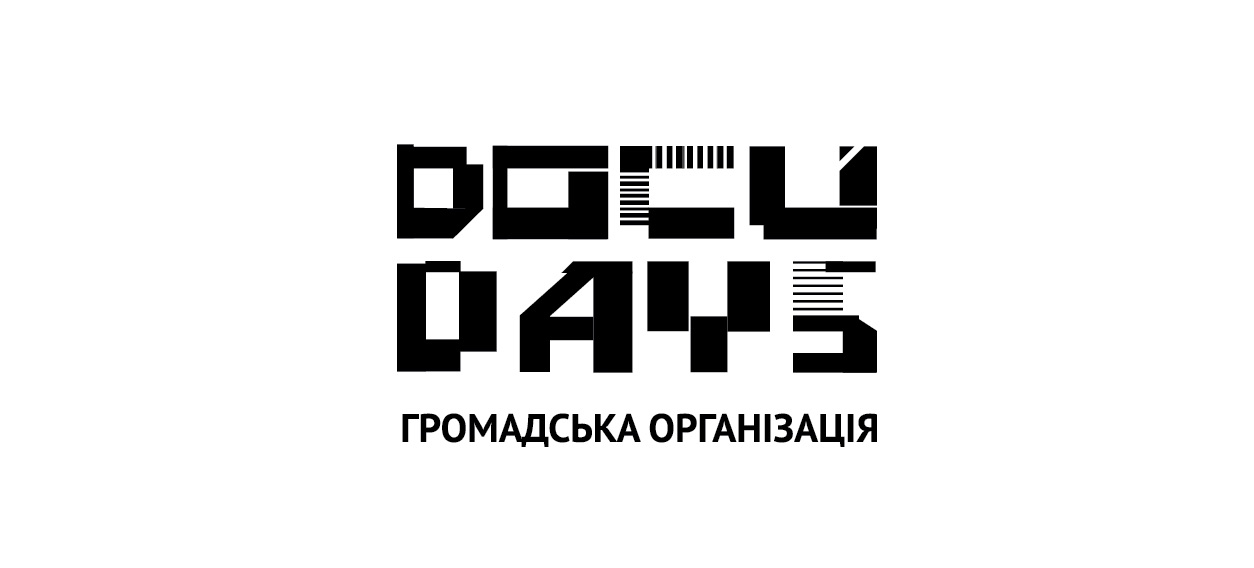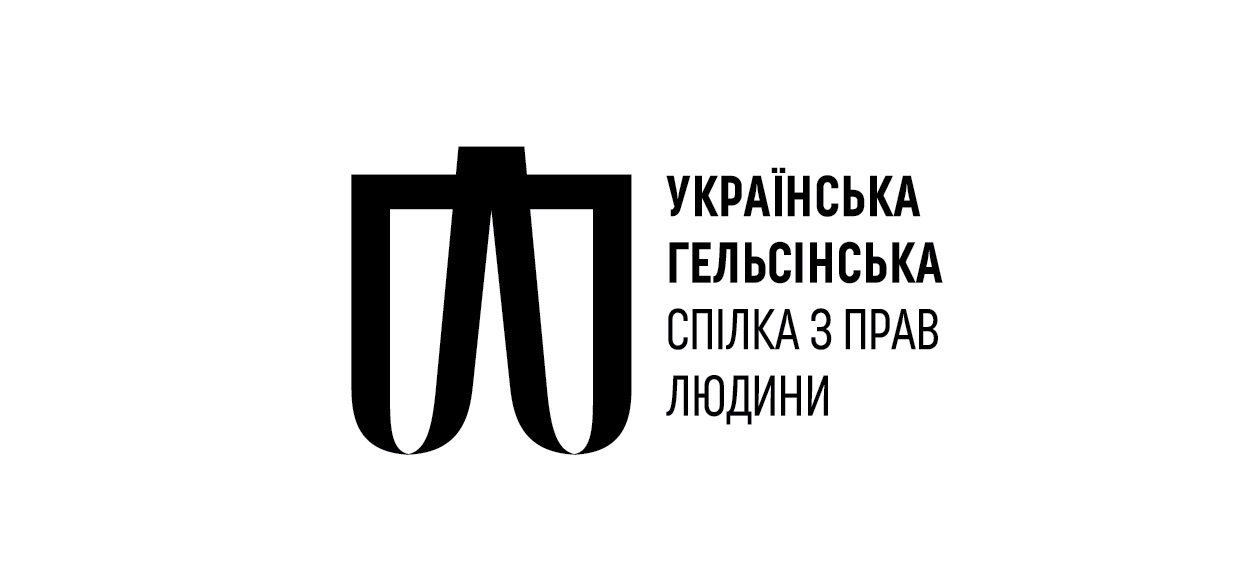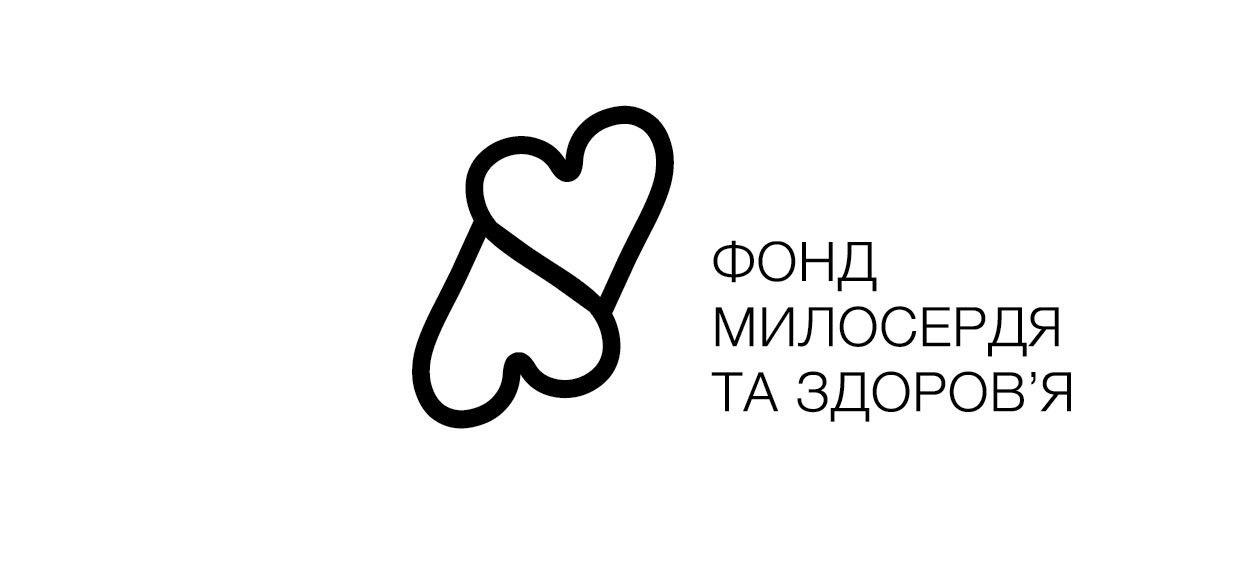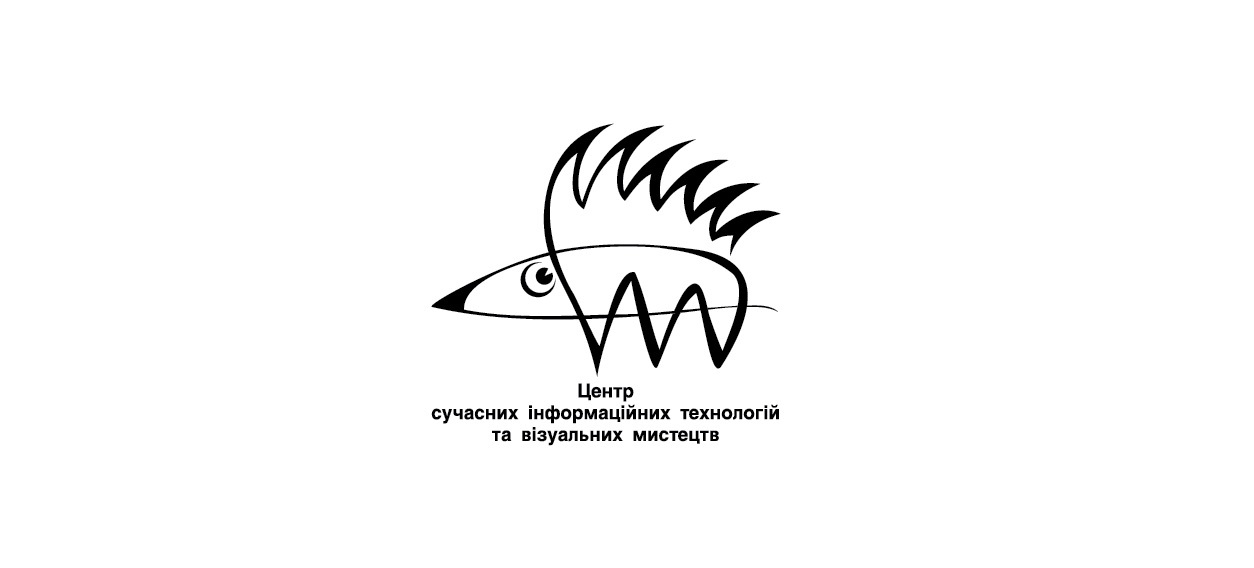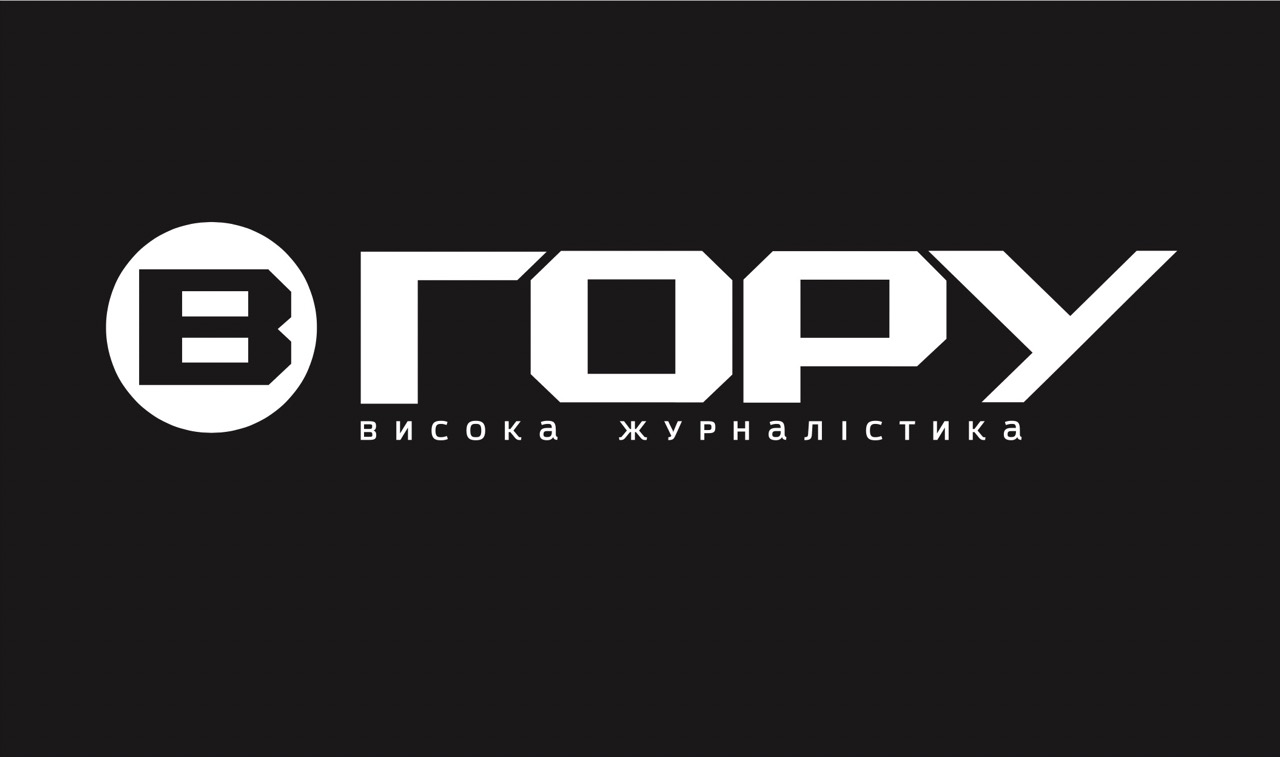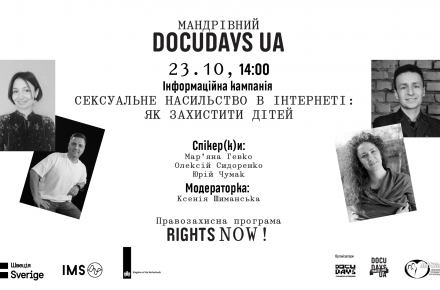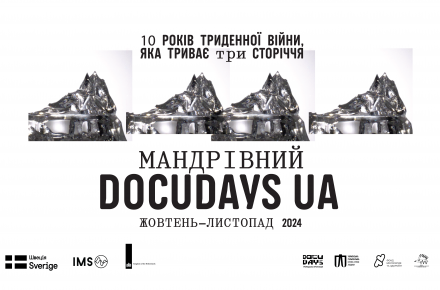Conversation with Kateryna Kalytko about the Film "The Other Side of Everything" and Cinema as a Way to Speak about Individual and Collective Traumas
Conversation with Kateryna Kalytko about the Film "The Other Side of Everything" and Cinema as a Way to Speak about Individual and Collective Traumas
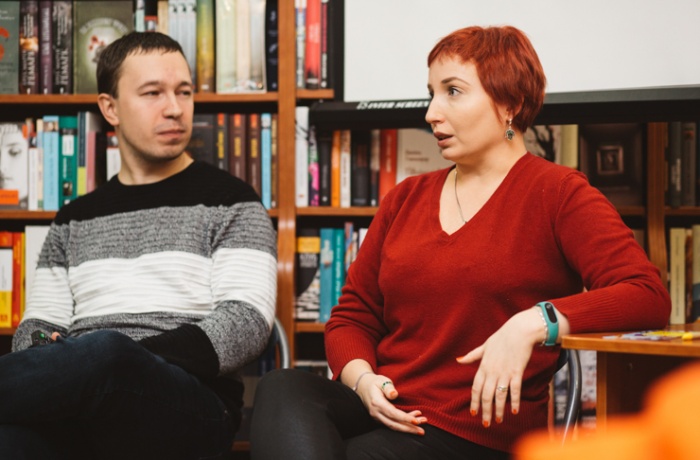
On December 13, Vinnytsia city hosted a screening of the film The Other Side of Everything (director Mila Turajlic) organized as a part of the Travelling Docudays UA and supported by the Moving Docs Platform. Writer and translator Kateryna Kalytko, who translates from Balkan languages, in particular, contemporary literature of Bosnia and Herzegovina, took part in the discussion after the screening. Anna Savchynska talked with Kateryna about the personal story of the film's main character Srbijanka Turajlic and the similarities of Serbian and Ukrainian historical experiences.
After what I saw in the film, I’ve been thinking for a long time about the concept of responsibility. How can this responsibility be traced across generations? Which things is Srbijanka Turajlic ready to carry as her victory, which things she is ready to articulate, and which she is still hiding even from herself? Does this paradigm remain the same regardless of the people, the ethnicity, the nationality? I mean, is it a conscious process of recognizing your mistakes and victories?
In the Balkans, actually in each country of the former Yugoslavia, this model of responsibility is very different between countries on the level of the things that are recognized, the things that are articulated in the public sphere. If we’re talking about Serbia, which is shown in this film, the film mentions three generations and their models of interaction with this memory and responsibility.
The first is the generation of the protagonist’s parents, who were also seemingly against the changes that happened in their country, but they kept silent even when the changes concerned them directly (when the authorities entered their apartment and let a proletarian family live in their home, they did not protest out loud). And that was when Srbijanka decided she wasn’t going to be silent.
However, in this film the problem is shown in the form of a dialogue between the daughter and the mother: the daughter who is standing behind the camera, filming and asking her mother questions, only rarely appearing on screen. This conversation is also a parade of the unspoken things, because behind the scenes the filmmaker sounds like someone who uncovers communist secrets. Before this film, she made a very successful Cinema Komunisto, which was about the communist lobby in the film industry, the way Tito and the Party influenced filmmaking, the way they tried to make blockbusters according to western models, but they were all very ideological. And here, the director is also thinking of how to open the boxes with communist abuses.
But on the other hand, she doesn’t correlate it with her mother’s story at all; so Srbijanka’s activism stands separately, while the filmmaker just doesn’t recognize the country as hers, and for that reason she pushes it away, unwilling to participate as actively and publicly. We can say that it is because she is a filmmaker who is trying to be impartial. But on the other hand it would be interesting if there was a certain conflict between the mother and the daughter, a difference in perspectives, or at least an argument about details. The director doesn’t articulate this at all, and in the film’s finale we hear an opinion that she should leave the country because it’s impossible to stay there. It’s the summary of the young generation who choose to simply leave the country instead of standing up to all the challenges; and this postpones the rethinking of historical memory.
What is interesting about Srbijanka is that she consistently protests against the regime of Milosevic, she condemns the establishment of the Tito regime. She is dissatisfied with the results of the elections which allowed imperial nationalists to come back, because the nationalists started to drag the country back to the bottom, from which it had only just started to rise. On the other hand, she sees tanks driving to Croatia, and she feels ashamed and helpless. In general, the film does not articulate what Serbia did in Croatia or in Bosnia and Herzegovina; only in one scene a student is protesting against it at a demonstration...
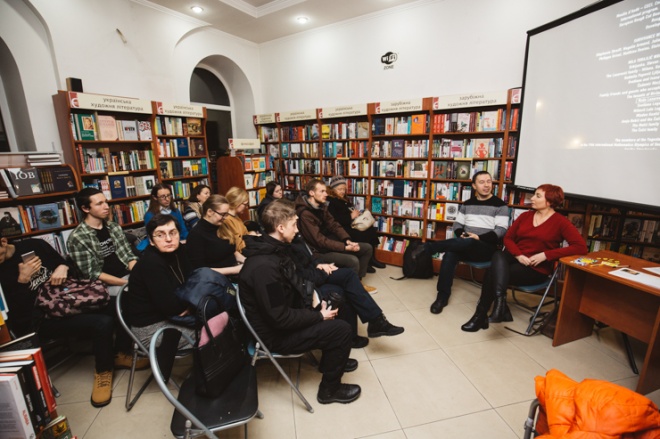
Srbijanka doesn’t declare her ethnicity during a census. It’s hard for her to talk about it. She asks about the options and she looks very confused. In my opinion, it’s also a very disturbing signal.
Actually, this is the moment when one realizes the need to be responsible and to pass on the historic memory from generation to generation, but even if you are the most conscious person ever, you are still not ready to speak about it completely frankly.
How did the experience of the World War I and the interwar period affect this? Because it is less discussed than the World War II.
The World War I probably affected it the most, because without it the World War II wouldn’t happen. And, actually, the World War I broke apart the old world order in which these people still wanted to live, because they remembered those times with nostalgia, even this family in the film; the Peles family was already in Belgrade in, say, 1918. And that war was actually started in Serbia, because the Serbian nationalist organization called the Black Hand, sponsored by Russia, nurtured Gavrilo Princip who shot the Archduke Franz Ferdinand and princess Sophia in Sarajevo, which became the official reason for starting the World War I. That is, if we look for someone to blame, Serbia definitely comes up.
On the other hand, Austro-Hungary had fallen apart, the Serbian monolithic structure had also fallen apart, families lost their status and prospects, the property that was passed down for generations. Even all those small trinkets she keeps cleaning can be considered pieces of the old world which fell apart during the World War I, and disappeared completely during the World War II, buried under a thick layer of gunpowder, when there was no way back at all anymore. What was the World War II if not an attempt to review the accounts after the World War I? As for Ukrainian history, in our country the World War I actually led to the First Liberation Struggle and the emergence of the Ukrainian People’s Republic and the Ukrainian State.
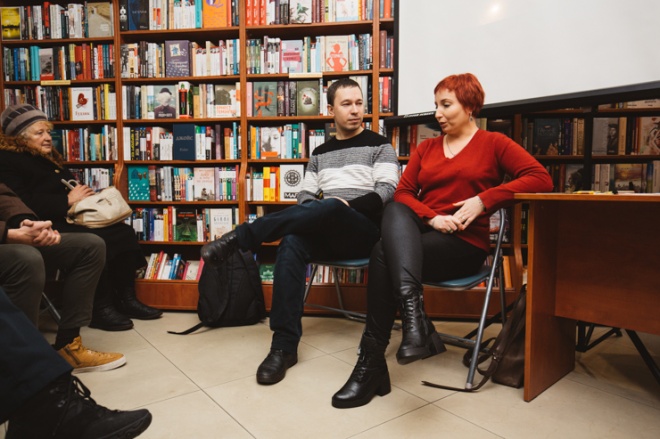
The Peles family had huge resources and power… Is there a danger that these historical lines of specific people, families, will affect how they make certain decisions in life? Do they look back to, maybe, define who they are now and what they plan to do with their lives? Don’t you think that there is a connection here, both in Serbia and in Ukraine? Do we have these linear connections which you can trace throughout lives?
There is no linear connection, because both in Serbia and in Ukraine there is a problem of this interrupted chronology, interrupted historiography, when you realize that there are several points in which the history was going on, and your family was moving between them; but at a certain point, a “black spot” appears — not even a “white spot,” but a dark spot, because you cannot understand what happened there that was capable of changing everything. And then you cannot connect all the pieces that are lying right there, cut up on a plate in front of you, but you still don’t have the key.
A thoughtful person, I think, always looks back, both in Serbia and in Ukraine, and in any other country in the Balkans and elsewhere. You find yourself in a complicated country at yet another complicated historical time. And you start thinking, Why did this happen to me, and at this specific time? Why am I so concerned about it? Why do I choose this and not that? And you look back at your family, in any case, regardless of what lies in your past. You either reject it, deny it and start acting in spite of what your ancestors did, that is, you don’t continue their path. Or, if it corresponds to your worldview, then, at the risk of sounding too grand, you pick up the flag and carry it on.
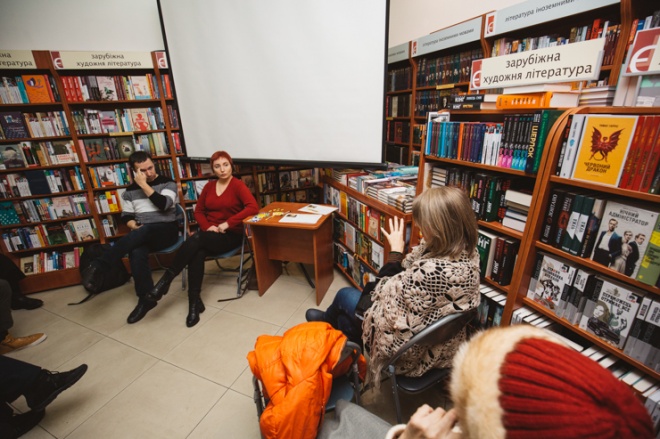
There is this very telling scene in the film when the filmmaker’s whole family gather around the table, and they start talking about the decision to give away a part of their apartment, their living space. And I wondered at that moment if we could also have a similar guilt about Crimea, about Donbas, will it be something similar? This feeling of guilt for ourselves and for the community.
It’s also a very human feeling, and I think it must exist. If you respond to the things that happen around you in the world, you grow, your political views develop, your understanding of political processes and situations in the country develop. If you’re not blinded, you’re going to understand where you were wrong, where there were weak spots.
In our society, the guilt has already taken shape about Crimea and Donbas, at least among many people from the current generations, and it will undergo evolution. Because even as I watched this film, I was thinking that I am a future Srbijanka, but under very different starting conditions, under very different historical circumstances. In my experience, there already has been the Ukraine without Kuchma movement, in which I actively participated. There already has been the Orange Revolution and the Revolution of Dignity — clearly, this is not the end yet. Unfortunately, this probably isn’t the last Maidan in our history.
And what will I be able to say when I’m, say, 50? What Srbijanka said when she was receiving the award at the ceremony. “We must state that everything we fought for has failed.” I mean, I will also have to say that, because in the end Ukraine without Kuchma was a failure; it established foundations for certain processes in the future, but the movement itself didn’t turn out to be justified. Neither did the Orange Revolution, in the end. The Revolution of Dignity, in my opinion, was a necessary process for the country, but won’t it be nullified with the next election in 2019 now? And all these thoughts are very painful, it’s as if you chase them away every day, but when certain external triggers come, you start thinking about these things.
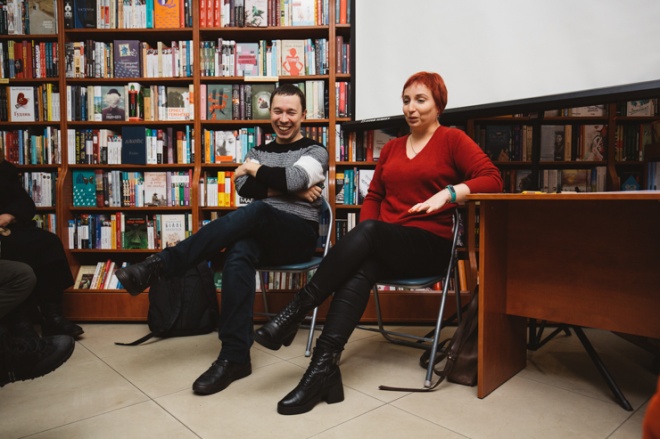
It’s about action and inaction, which of them is better for you as a citizen in the end.
And now I talk to Crimean Tatars and think that we had to do something about Crimea, we had to at least try to resist, rather than listen to Yulia Tymoshenko who shouted that not a single tank should drive out and not a single soldier should leave the barracks. Now I think, on the other hand, that yes, everything could be different, but, again, on the other hand, wouldn’t there be big blood in Crimea, wouldn’t Crimean Tatars be drowned in blood the very first year?
There is no “what if” in history. You can only ask yourself if you did enough, or at least say that you fought. And even if all this movement has generally failed, the specific person, you, did everything you could, as a particular person at this historical stage.
It’s also interesting that human thinking, comments in social media, stories in traditional media, etc., are built on very simple messages, slogans along the lines of “right” or “wrong,” “timely” and “inappropriate.” But there isn’t always a possibility for such polarized categories. An individual who is making a choice cannot know everything, and nobody can.
Absolutely. You can only see these things in historical hindsight.
And as a result, people become hostages of even those decisions that they didn’t make. This begs a question, Are persons, individuals responsible for this generation? And what are they responsible for? Should we ask questions about action and inaction in the end? Shouldn’t we bring this discussion around very painful, scary things out into the field? Can we do anything against, or for, or respond in any way at all?
I think that for me it’s definitely a question of action or inaction. To act and make mistakes is always better than not to act, because then, to put it simply, someone else will act instead of you, and not always for the better. We now talk a lot about the 100th anniversary of the UPR, Skoropadsky and everything else. For example, Petlura is a bad idealist for the majority; on the other hand, when everyone backed off and said they were tired, Petlura tried to pull it all together and do at least something, to maintain the state at least in some way, as he imagined it. He went to battle with soldiers at the Arsenal, he ran around negotiating, asking to recognize the state until the next week, while he was building diplomatic relationships, trying to motivate the troops. Yes, he was wrong, yes, he made a number of steps that led to failure, but he tried to do at least something at his time. And I think this was his biggest achievement as a statemaker in the hundred-year perspective.
And now it’s the same: you cannot act without making mistakes. But it’s important to act if you’re confident about your own internal rightness, not because someone called you. But if you see that it’s your internal need, that these are actions that can change something, influence something, and if you realize that you’re capable of doing something, that you’re not going to break halfway — then it’s important to act. It’s the biggest component of this human responsibility.
A generation is probably incapable of being responsible for events or decisions, because many different people with radically opposite beliefs can live within the same historical period, and you cannot put everyone on one side only.
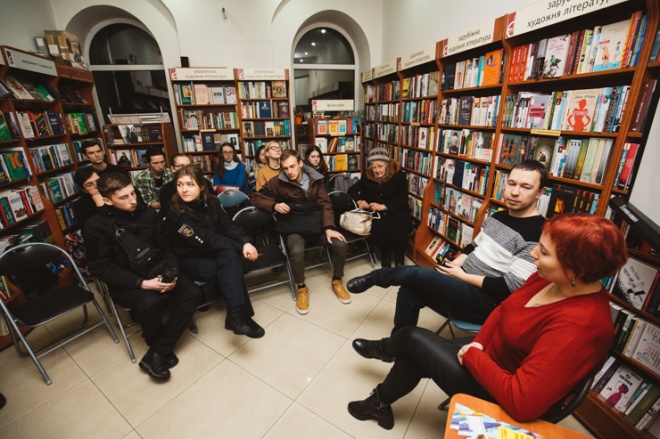
In your opinion, can films, particularly documentaries, help people reflect on these painful pages in their history, their own life events, can we bring this instrument closer?
Art is, basically, therapy, one of the best therapeutic tools and a means to talk about very hard things from a certain distance, and that’s why it, actually, gives us an opportunity to talk at all. Because people cannot always talk even at their therapist’s office, they won’t always talk during the census. It’s a very prominent situation when a person just prefers to reject the things they find painful to talk about, but they don’t explain the reasons.
Films, even when they bring several such situations together into one, help to understand the problem, the most painful triggers, and how to work with them. For the protagonists of documentaries themselves there is a possibility to articulate things, to distance themselves, to look at their traumas and histories from the outside, and to make certain conclusions or generalizations.
For those who are going to watch this film from the outside, or later, in 50-60 years, these things will be invaluable, because even the screening in Vinnytsia was followed by people’s very deep thoughts, they compared it with Maidan, with their own stories, with which these events resonated so much, making them think, recall what happened two years ago, and to imagine the future, what will happen already next year, when we have the presidential election with certain threatening options, and then parliamentary elections, and then who knows if there will be a reaction and if we will be able to hold on to what so many people have been sacrificing their lives for, for five years now.
Because, for example, recently, when everyone was so happy about the creation of the Local Church, several people died in the East. Every day, you come home, open the news, and you can read that people have officially died in the East, and we still don’t know if the wounded will survive and what kind of life they are going to have. Every day, the number of casualties grows. In particular, people at the screenings were thinking if these deaths will not be in vain. And the film, from another country’s experience, helped them to look at their situation from a different perspective.
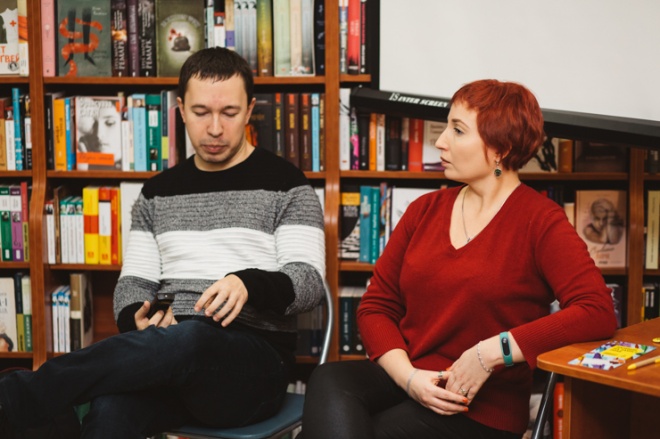
Now we’ve been talking about Ukrainian events from a hundred years ago. I, for one, would really want to see this kind of documentary chronicles of those times. Not just newsreels, how an army was marching, or some kind of parade or something, but rather voices of living witnesses, who would explain what exactly they felt at that moment, how they chose sides, what was their motivation for it. Even if they didn’t explain it in detail, even if they just threw in some lines at the emotional level, it would still give us an opportunity to look at that time in a completely different way, to see it in color, in more dimensions.
For our time, we fortunately have a tool to record as many voices as possible from Crimea, from the East, from the “grey zone,” from the occupied zone, the voices of those who left the warzone. Even as we watch the chronicles of the Orange Revolution, now I look at it completely differently with my new experience, than when I was actually there, I was almost still a kid back then. This is the intention of memory, which will be so much wanted by people in the next generations in order to restore this interrupted family memory and to find out who they are and where they are going.
The conversation was led by Oleksandra Kushchenko
Photos are by Andrii Zavertanyi



